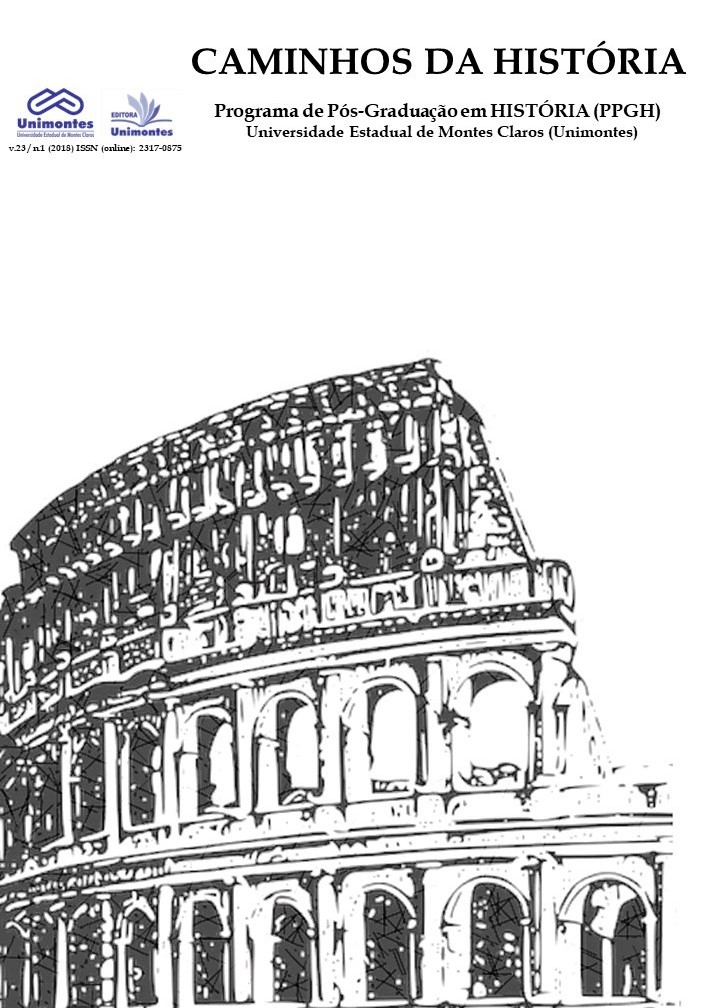Politics and power in “The Simpsons in Brazil”
Politics and power in “The Simpsons in Brazil”
Keywords:
Poder, televisão, política, desenho, BrasilAbstract
Former President Fernando Henrique Cardoso and the tourism company Rio Tur were annoyed by the episode of The Simpsons, entitled “Blame it on Lisa”. In the face of this trauma, the impact of this animation movie on Brazilian politics was evident. Based on this, we justify our analysis and the time frame, since the then President of the Brazilian Republic, Fernando Henrique Cardoso, demanded public apologies from the author of the animation movie, Matt Groening. In addition, TV Globo network and the Rio de Janeiro tourism company have publicly positioned themselves against the representation of Brazil expressed ironically in the episode “Blame it on Lisa”. In this, the Simpson family travels to Brazil which is a country represented by futile values, marked by kidnappings, sexuality, poverty, soccer, carnival, slums, corruption, lack of beliefs, among other pejorative characteristics. In order to understand the relationship in the power of media (television) in politics, we will use in addition to the episode itself the analysis of other sources such as newspapers, magazines, internet pages of the author or even fans who comment on the episode researched. In this way, we will also be concerned with the viewers' perceptions of the episode in order to approach the motivations that make this a controversial animation movie.
Downloads
References
ARENDT, Hanna. A condição humana. Rio de Janeiro: Forense Universitária, 1969.
BENJAMIN, Walter. “A obra de arte na época de sua reprodutibilidade técnica”. In: Obras escolhidas I. São Paulo: Brasiliense, 1985.
_______. Obra de arte na época de sua reprodutividade técnica. In: Teoria da cultura de massa. São Paulo: Paz e Terra, 2000.
BETTI, Paulo. Na marca do pênalti. In: NOVAIS, Adauto (Org.). Rede Imaginária: televisão e democracia. 2. ed. São Paulo: Cia das Letras, 1999.
BLOCH, Marc. Apologia da História ou ofício de historiador. Rio de Janeiro: Zahar, 2001.
CANTOR, Paul A. Os Simpsons: política atomística e a família nuclear. In: Os Simpsons e a Filosofia. São Paulo: Madras, 2004.
CERTEAU, Michel. A invenção do cotidiano: artes de fazer. Rio de Janeiro: Vozes, 1994.
ECO, Umberto. Viagem na irrealidade cotidiana. Rio de Janeiro: Nova Fronteira, 1984.
FREITAS, Marcos Vinicius de. Greystoke, a lenda de Tarzan, o rei das selvas: evolucionismo e critica da ciência. In: História da Ciência no Cinema. Belo Horizonte: Argvmentvm, 2005.
GINZBURG, Carlo. Mitos, emblemas e sinais: morfologia e história. São Paulo: Companhia das Letras, 1989.
IRWIN, Willian et al. Os Simpsons e a Filosofia. São Paulo: Madras, 2004.
_______. Os Super heróis e a Filosofia. São Paulo: Madras, 2005.
LE GOFF, Jacques. Documento/Monumento. In: Enciclopédia Einaudi: Memória e História. Lisboa: Antroposomem, 1989.
LE GOFF, Jacques. Prefácio. In: Apologia da História ou ofício de historiador. Rio de Janeiro: Zahar, 2001.
MCLUHAN, Marshall. Mcluhan por Mcluhan: conferencias e entrevistas. Rio de Janeiro: Ediouro, 2005.
_______. Visão, som e fúria. In: Teoria da cultura de massa. São Paulo: Paz e Terra, 2000.
MARTIN-BARBERO, Jesus. A comunicação no projeto de uma nova cultura política. In: Comunicação na América Latina: desenvolvimento e crise. José Marques de Melo (org). Campinas: Papirus, 1989. p. 83-98.
_______. Dos meios as mediações: comunicação, cultura e hegemonia. 2. ed. Rio de Janeiro: UFRJ, 2001.
_______. Os exercícios do ver: hegemonia audiovisual e ficção televisiva. 2. ed. São Paulo: Senac São Paulo , 2004.
MIGUEL, Luis Felipe. Política e mídia no Brasil: episódios de uma história recente. Brasília: Plano Editora, 2002.




















